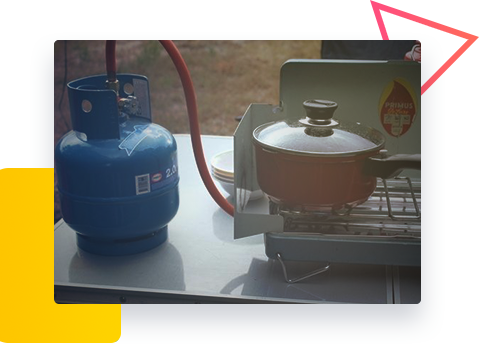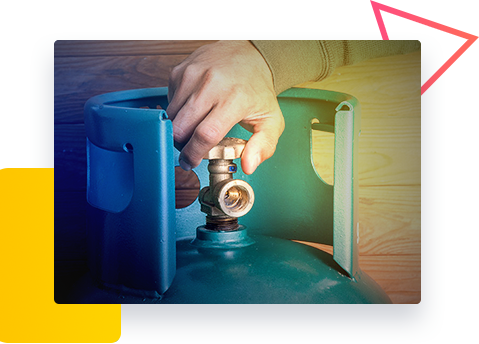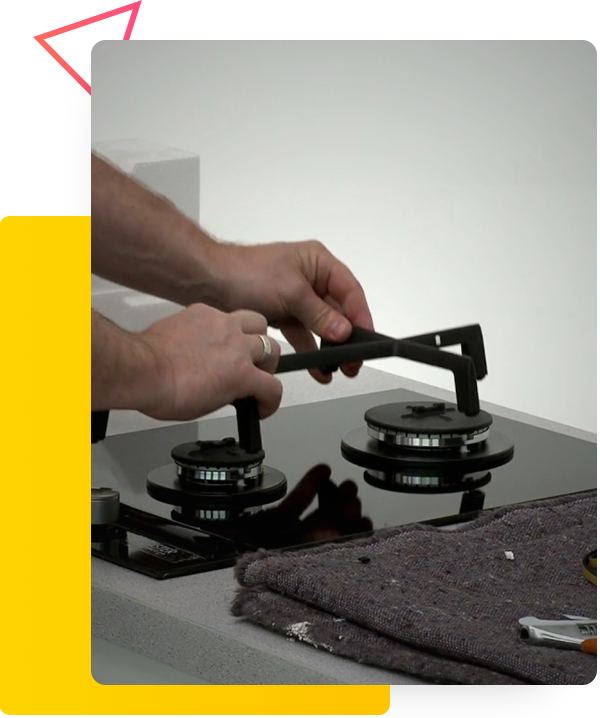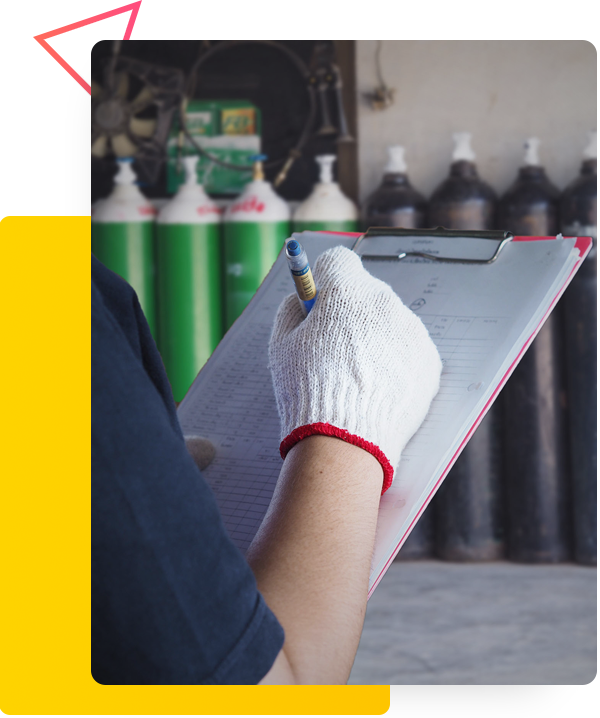Gas Safety
Gas safety – what’s the problem?
Many businesses uses portable gas cylinders because they are convenient and efficient, but you still need to make sure your gas appliances and installations are safe.


How are workers and others harmed?
Even though they are considered stable and safe, LPG cylinders still possess a certain degree of danger, just like any type of fuel.
Well known sources of risk include:
- poor hose connections
- amaged or corroded cylinders
- placing a cylinder near a source of heat
- incorrect storage of the cylinder.
What can you do?
irst you must always eliminate the risk where you’re reasonably able to. Where you’re not reasonably able to, then you need to consider what you can do to minimise the risk. Here are some examples:
- Get the gas installation in your business checked once a year by a licensed gas fitter.
- Keep your business well ventilated as gas appliances need a lot of fresh air to work properly.
- Never use damaged or corroded cylinders. LPG is stored under pressure and a faulty cylinder may leak or rupture. Check for dents or corrosion, especially around the base.
- Always store your LPG cylinders upright. Lying a cylinder down brings liquid in contact with the safety valve preventing correct operation. Cylinders larger than 2.25kg should be housed in a compliant enclosure like an LPG locker.
- Check gas connections regularly.
- Keep the cylinder away from heat and flames – even if it is empty.
- If you smell gas, turn off the cylinder valve if it’s safe to do so, get people out of the area, turn off all appliances and ventilate your food truck. Don’t use any electrical devices, including switches and phones, until the air is clear.
- Never tamper with the valve. Don’t attempt to repair or remove your cylinder valves. If it sticks or gets damaged, tell the supplier.
- Don’t try to fill your own cylinder – only trained people using special equipment can do this safely.
You need to select the most effective controls that are proportionate to the risk, and appropriate to your work situation.

Get your workers involved
- Ensure your workers know how to make suggestions, ask questions or raise concerns.
- Always ask your workers for input on identifying health and safety risks and how to eliminate or minimise them. People are more likely to take responsibility and make good decisions when they have been involved in the conversation. Your workers (including contractors and temps) are the eyes and ears of your business. They can help spot issues, and suggest practical, cost-effective solutions.
- Always train your workers on what the key risks are and how to keep healthy and safe.


Where to go for more information
Peace of mind with dependable fuel supply, when you need it
Our Business is Customer Satisfaction.


